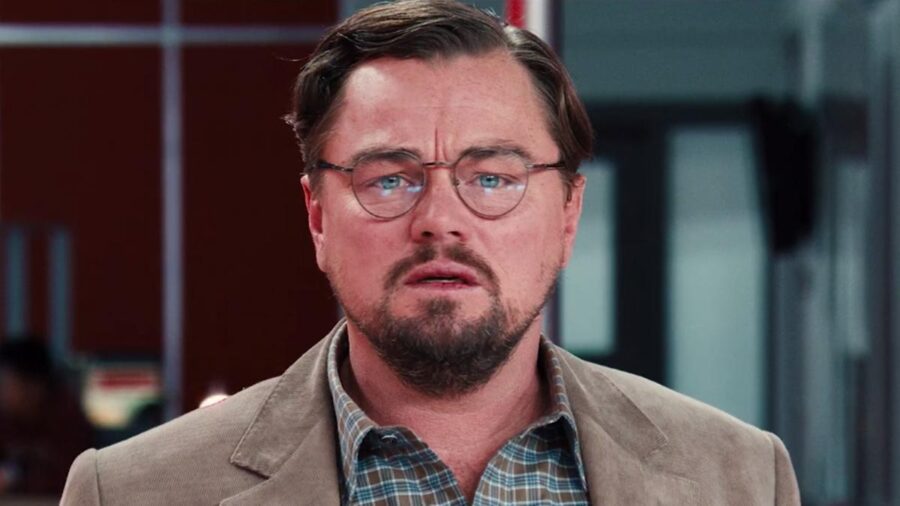Leonardo DiCaprio’s Director Celebrates His Negative Reviews
A recent Leonardo DiCaprio movie earned its share of negative reviews, but the director of the flick doesn't think it's a bad thing.
This article is more than 2 years old

Having a movie director celebrating the success of his or her movie can make it to the news, but having a movie director celebrating the negative reviews of his release is pretty much unheard of. Until now, that is, as Adam McKay, the critically acclaimed director of the political satire Don’t Look Up, starring Leonardo DiCaprio, celebrates the divided response to his film from the critics and the audiences.
As reported by Screen Rant, McKay recognized that his film attracted negative reviews, as well as positive ones, but welcomes them equally, stating that it’s really good to have a divided response. As it turns out, if you’re not making people mad, you’re doing it wrong, and meaningful achievements are, no matter how small, more likely to annoy the world. The debate about the Leonardo DiCaprio film’s criticism between the fans and the critics has been a fiery one. That’s especially true when conducted online, considering that the internet, via some bizarre effect, amplifies both opinions and emotions regarding certain topics.
Admittedly, McKay is right, and his comments fall in line with several other directors and filmmakers who share the same attitude about the positivity of divided opinions. Hopefully, his words will echo throughout the web, and both critics and audiences would seek to have more polite discussions about the film and other thought-provoking films. Can they not let their heated passions get the best of them, even if they disagree? With that said, the film has been nominated in multiple awards categories despite receiving mixed criticism. Most critics have praised the cast’s performance and the thematic importance of the film but criticized its heavy-headedness and somewhat bland humor.

Don’t Look Up follows two low-tier astronomers, portrayed by Jennifer Lawrence and Leonardo DiCaprio, as they attempt to warn humanity about an approaching comet that will destroy human civilization. The impact event in the film is actually an allegorical representation of climate change. The film satirizes the government and media’s indifference to the climate crisis, the overall state of politics, how tribalism can be fueled by misinformation, and humanity’s overall inability to comprehend and deal with existential threats. The film has been immensely successful on Netflix, though the increased interest is at least partially generated by its ensemble cast.
After the discourse between the audiences and critics has dialed down a bit, the scientific community has offered positive opinions on the Leonardo DiCaprio film, winning the hearts of climate scientists, communicators, and activists around the globe. When it comes to accolades, the film was nominated for Golden Globes’ Best Picture — Musical or Comedy, Best Screenplay, and two acting categories, both for Leonardo DiCaprio and Jennifer Lawrence. The film didn’t win any awards that night but managed to win the Hollywood Music in Media Award for Best Original Score — Feature Film; and Detroit Film Critics Society Awards for Best Original Screenplay, out of 16 different nominations.
And while the film’s conclusion, unfortunately, rules out any chance for a sequel film, the audience is eagerly awaiting more of McKay’s thought-provoking work and any new information pertaining to any of the director’s upcoming projects.












